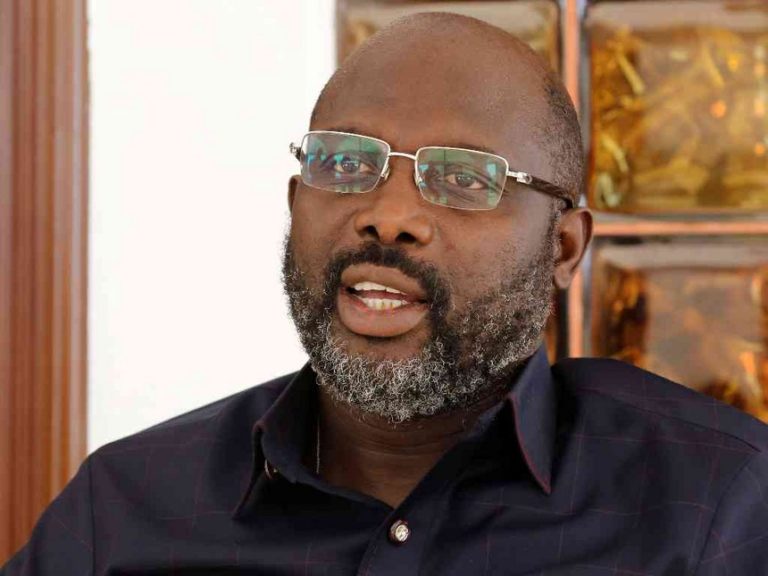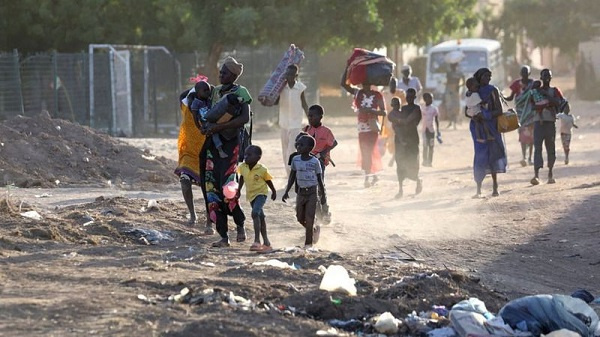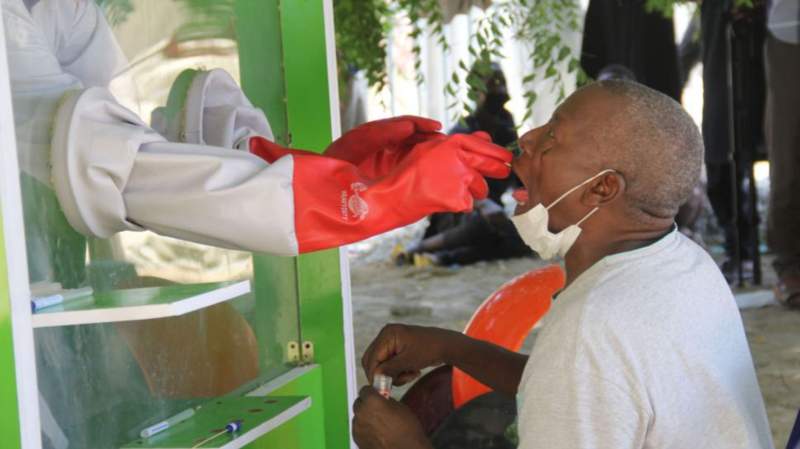Somalia taps $31m Ifad funding for rural food programmes

Somalia has signed a financial agreement with the International Fund for Agricultural Development (IFAD), which will see Mogadishu receive up to $31.22 million for support programmes related to food security in rural areas.
The money is to be channelled under the Rural Livelihood Resilience Programme (RLRP), aimed at improving food security and resilience in rural areas.
The funding will be the first direct investment by IFAD in Somalia since Mogadishu’s external debt pile was cleared in an arrangement with creditors in December.
A dispatch released after the deal said the money would go to programmes that directly benefit rural folk to help them reduce poverty, increase food security, improve nutrition, and strengthen their resilience.
Somalia’s Minister for Agriculture and Irrigation, Mohamed Abdi Hayir, and Ifad President Alvaro Lario highlighted the programme’s importance, stating, “Upscaling our investment in Somalia is very important in this moment of increasing climate change to make sure that the poorest and most vulnerable in rural areas are not left behind.”
IFAD is an international financial institution and specialised United Nations agency based in Rome.
“The programme is of vital importance for Somalia and sets to transform rural livelihoods through climate-resilient agriculture,” said Somali Minister for Finance Bihi Egeh.
“Thanks to generous contributions from Germany, Belgium, Italy and Sweden, Somalia paid off its debt to Ifad,” a statement released by Ifad explained.
It added that the debt prevented Somalia from receiving highly concessional loans and grants from Ifad since 1991, and at the same time, the civil war devastated the country.
Revenue collection:
Last month, from a broader economic perspective, Somalia indicated that domestic revenue projected a healthy increase.
Following the debt relief approved by the international financial institutions, the World Bank and the International Monetary Fund (IMF), just before the end of last year, the Somali government reported an increase in domestic revenue.
Though the Horn of Africa country is striving to strengthen its finances, the Finance Ministry said last week it projects increased domestic revenue and economic growth to rise by 3.7 percent in 2024.
The Federal Government has recently reported a 25 percent increase in domestic revenue, amounting to an income of $329.5 million compared to the envisaged $283.3 million.
The Finance Ministry’s recent report indicated that significant revenue is attained from points of entry for goods, such as the port and airport in Mogadishu. The rest is collected from inland sources.
It indicated that 53 percent was derived from revenue collection, while the rest, 47 percent, originated from customs.
The projection for this year’s revenue is estimated to be $345, with the revenue director stating that government income has been steadily increasing since 2013.
Revenue increases resulted from the introduction of a series of reforms that improved financial policy, according to Mr. Egeh.
“Enhanced public financial management and capacity in the extraction of revenues and the introduction of automation and digitalization for revenue did the job,” he told a press briefing in Mogadishu last week after the numbers were published. Domestic revenues rose by 25 percent last year.
External shocks:
Despite the finance portfolio’s optimism, it expects that global problems will affect the country both directly and indirectly.
The current crises on the Red Sea trade route involving the Yemeni Houthis attacking shipping lines, terrorism resulting from religious extremism, and climate change are some of the phenomena envisaged to undermine improved economic growth.
Though Somali officials express optimism that domestic revenue will help the country meet the salaries of its personnel, international financial experts think otherwise.
Kristina Svensson, the World Bank country manager for Somalia, told the VoA Somali Service, “Despite recent improvements, the level of domestic revenue is very low to deliver visible results for the citizens.”
She reportedly said a significant part of Somali government spending is currently financed by grants, which are expected to gradually decline.
Svensson added, “International Development Association (IDA) has provided budget support of $175 million, which has been shared with Federal Member States (FMS) as intergovernmental transfers over the last two years.”
Source: theeastafrican.co.ke





